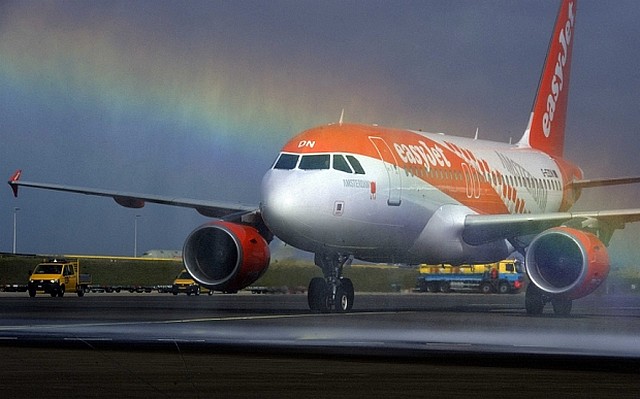It’s now official, the British have decided to leave the European Union. Their choice has been made. It’s an honorable one. It will not be without consequences however ; first and foremost in the highly demanded and growing field of air transport.
Thanks to the 2408/92 regulation of July 21st 1992, air transport has completely become liberalised between the European Economic Community countries. Companies were given 5 years to adapt themselves before it officially took place on April 1st 1997.
It means that any European company can serve any air line within the countries of the European Economic Community countries, including domestic flights in every country. It allowed some transporters to prosper thanks to inexpensive social legislations, which was the case for British companies.
 [1]The first beneficiary was without a doubt EasyJet followed by Ryanair. Both companies perfected a " low cost " model, greatly based on the flexibility of their country’s labour laws : Great Britain and Ireland, which allow a much better use of personnel and airplanes.
[1]The first beneficiary was without a doubt EasyJet followed by Ryanair. Both companies perfected a " low cost " model, greatly based on the flexibility of their country’s labour laws : Great Britain and Ireland, which allow a much better use of personnel and airplanes.
As this business model is difficult to replicate in other countries, both transporters created a powerful network based on the opportunities granted by the 2408/92 regulation.
However the coin flipped after Great Britain’s decision to leave Europe. Of course Ryanair will not be affected because it is an Irish company and Ireland has no intention of leaving the European Economic Community, as it’s too advantageous for them.
On the other hand, Easy Jet’s situation will radically change. Indeed, if the United Kingdom leaves Europe as per their decision, British transporters will no longer be able to benefit from air traffic opportunities granted only to the nationals of the European Economic Community.
The consequences risk being diffuclt. Air traffic rights will then have to be negotiated between Great Britain and Europe and it is sure that the continental countries will not be as leaneant as they have been in the past. EasyJet risks having to withdraw a number of air lines particularly interesting to the economy.
I’m not simply refering to domestic air lines such as Orly-Nice or Toulouse, but to a number of international European air lines which are particularly beneficial for them.
The same policies will also have to be applied to FlyBe, although it will be less drastic as their domestic flights are beneficial to the regional ecommy. British Airways also risks an impact.
How will the IAG, composed mainly of British companies not have to be dismantled ?
Furthermore, the European countries will unquestionable take advantage of this recent shock in order to reform any excess of liberalism imposed by the English.
It would be surprising if very important changes were not made towards a better social and fiscal harmonisation. In that case, the considerable advantages which the two big « low cost » companies have benefited from, I’m referring to EasyJet and Ryanair, may fall to pieces.
The working conditions will most likely be looked over in favor of the transporters currently suffering from social and fiscal pressures without being able to benefit from any form of protection
It will most likely always be possible for the English to renegotiate air travel policies close to that of the current « open skies », but it would be very surprising if they didn’t loose many advantages.
All in all, for European air transport, Brexit is perhaps very good news. It is going to allow to fix the obvious treatment inequalities between the European transporters’ expenses have and that of their British rivals. It is possible that customers will see air rates go up, but very little.
However, it will be the end of mass job layoffs in this field.
This levilisation which is inevitably going to take place is exactly what the representatives of the National Federation of Commercial Aviation, presided by Alain Battisti, have been asking for.